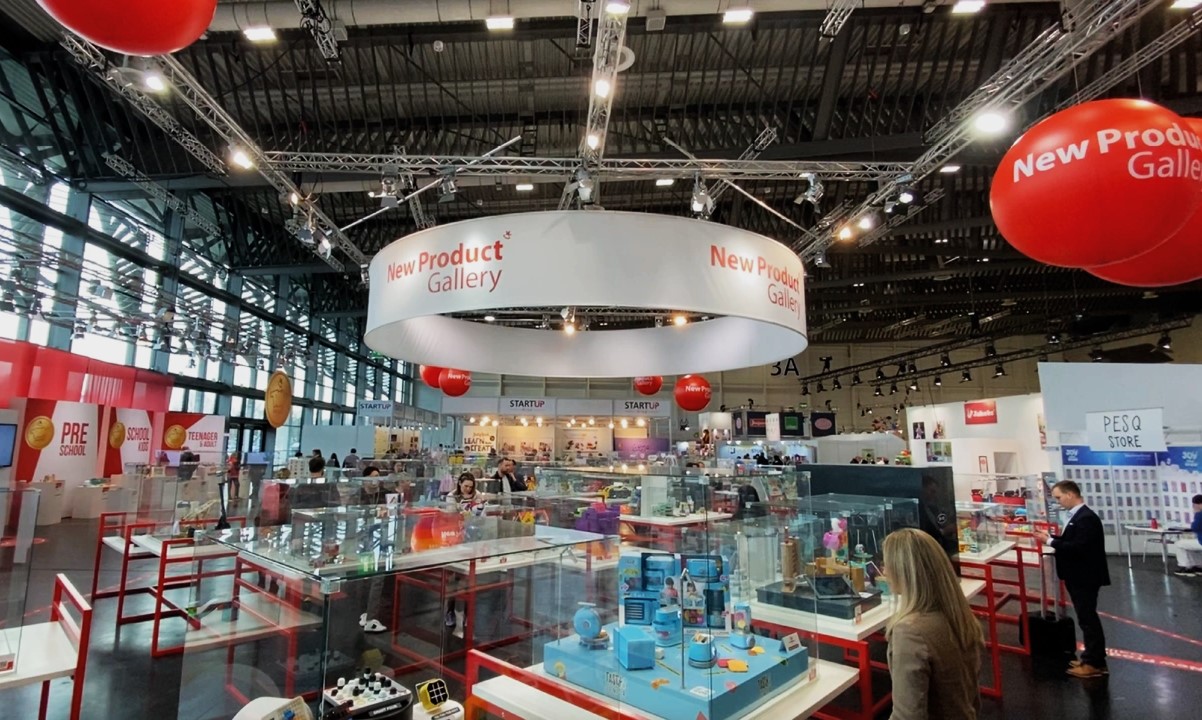Nuremberg’s Forgotten Clockwork Toy Workshops

Have you ever wondered where those intricate clockwork toys from your grandparents' attic came from? Many of these charming mechanical wonders trace their origins to Nuremberg, a city in Germany known for its rich history in toy-making. During the 19th and early 20th centuries, Nuremberg's workshops buzzed with creativity, producing some of the most beloved clockwork toys of the era. These toys, often made of tin and powered by winding keys, captivated children and adults alike with their lifelike movements and detailed designs. Today, exploring Nuremberg's forgotten clockwork toy workshops offers a fascinating glimpse into a bygone era of craftsmanship and imagination.
Nuremberg: A Hub of Clockwork Toys
Nuremberg, a city in Germany, has a rich history of crafting intricate clockwork toys. These toys, often made of tin, were marvels of engineering and creativity. Let's explore some of the forgotten workshops that once thrived in this enchanting city.
1. Gebrüder Bing
Gebrüder Bing, founded in 1863, was one of the largest toy manufacturers in Nuremberg. Known for their detailed and durable clockwork toys, they produced everything from trains to boats.
- Founded: 1863
- Specialty: Trains, boats, and other clockwork toys
- Legacy: Their toys are now highly collectible
2. Ernst Plank
Ernst Plank, established in 1866, specialized in making steam engines and other mechanical toys. Their clockwork toys were known for their precision and craftsmanship.
- Founded: 1866
- Specialty: Steam engines and mechanical toys
- Legacy: Renowned for their engineering excellence
3. Karl Bub
Karl Bub's workshop, started in 1851, was famous for its clockwork trains. These trains were not just toys but miniature works of art, complete with intricate details and moving parts.
- Founded: 1851
- Specialty: Clockwork trains
- Legacy: Collectors still seek out their trains
4. Fleischmann
Fleischmann, another significant name in Nuremberg's toy industry, began in 1887. They produced a wide range of clockwork toys, including cars, boats, and trains.
- Founded: 1887
- Specialty: Cars, boats, and trains
- Legacy: Known for their variety and quality
5. Lehmann
Lehmann, established in 1881, was famous for its whimsical and imaginative clockwork toys. Their creations often featured playful designs and clever mechanisms.
- Founded: 1881
- Specialty: Whimsical and imaginative toys
- Legacy: Beloved for their creativity and fun designs
6. Märklin
Märklin, though better known for their model trains today, started with clockwork toys in the late 19th century. Their early toys were known for their durability and intricate designs.
- Founded: Late 19th century
- Specialty: Model trains and clockwork toys
- Legacy: A household name in model railroading
7. Tipp & Co.
Tipp & Co., founded in 1912, was known for its high-quality tin toys. Their clockwork toys often featured soldiers, vehicles, and other detailed figures.
- Founded: 1912
- Specialty: Tin toys, soldiers, and vehicles
- Legacy: Highly prized by collectors for their detail and quality
8. Schuco
Schuco, established in 1912, became famous for their innovative clockwork cars. These cars were not only fun to play with but also featured advanced mechanisms for their time.
- Founded: 1912
- Specialty: Clockwork cars
- Legacy: Known for their innovation and quality
9. Distler
Distler, another notable workshop, started in 1895. They produced a variety of clockwork toys, including cars, trains, and mechanical animals.
- Founded: 1895
- Specialty: Cars, trains, and mechanical animals
- Legacy: Remembered for their diverse range of toys
10. Gama
Gama, founded in 1882, was known for its robust and well-crafted clockwork toys. Their products included everything from cars to airplanes.
- Founded: 1882
- Specialty: Cars, airplanes, and other clockwork toys
- Legacy: Celebrated for their craftsmanship and durability
Nuremberg's Clockwork Legacy Lives On
Nuremberg's forgotten clockwork toy workshops hold a special place in history. These workshops were once bustling with creativity, producing intricate toys that delighted children and adults alike. The craftsmanship and innovation of these artisans set the stage for modern toy-making. Visiting Nuremberg today, you can still feel the echoes of this rich heritage in local museums and historical sites. The city's commitment to preserving its past ensures that the magic of these clockwork toys isn't lost to time. Whether you're a history buff or just curious, exploring Nuremberg's clockwork legacy offers a unique glimpse into a world where imagination and skill came together to create timeless treasures. So next time you're in Nuremberg, take a moment to appreciate the artistry that once made this city the heart of the toy world.

